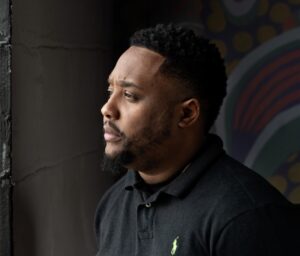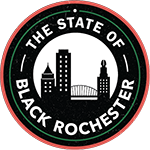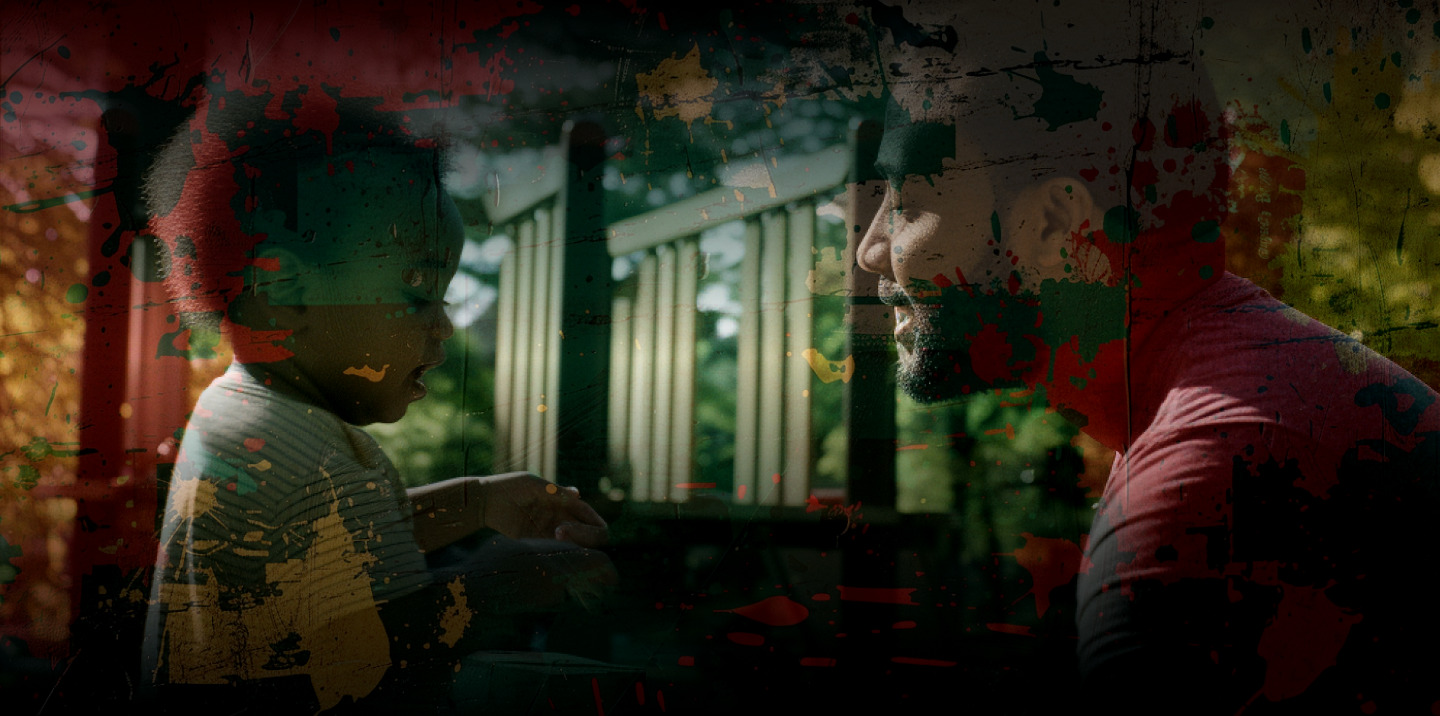 An African proverb says, ‘Until the lion tells the story, the hunter will always be the hero.’
An African proverb says, ‘Until the lion tells the story, the hunter will always be the hero.’
Imagine if the lion believed the hunter’s story. Would it then roam the jungle, cowering to other animals, living beneath its potential as if its destiny was already written? This is the consequence of underrepresentation.
Stories matter.
As a storyteller, a lion amongst hunters, and a Black man in a white world, I see the pressing need for more Black stories, Black storytellers, and Black editors, publishers, and producers. It’s crucial to ensure our narratives aren’t told through the perspective of those who don’t share our plight. The importance of this cannot be overstated.
For thousands of years, humans have relied on storytelling as a fundamental means of sharing information. Before the advent of writing, stories were vital vessels for passing down essential knowledge. Throughout history, with the introduction of various mediums, storytelling evolved from a tool for survival to a conduit for transmitting knowledge and eventually to a form of entertainment.
Scientists believe our brains possess “Mirror neurons,” brain cells that fire when we see someone perform an action as if we experienced the action ourselves. By seeing someone else experience something, we internalize what happens to them, affecting us individually.
In 2020, while Black Rochester had time to stay home and not worry about work or the hustle and bustle of everyday life due to a global pandemic and a national shutdown, we all watched a Black man die on television.
The death of George Floyd, a Black man in Minnesota, by the knee of a white police officer, Derek Chauvin, poured gasoline up and down State Street. Video of Daniel Prude dying in the middle of Jefferson Avenue after his encounter with Rochester police lit the match. Black Rochester was traumatized. Suddenly, the community rallied together, collectively trauma-bonding around the story we can all agree on, our apparent place in this society.
The exciting thing about the reckoning of 2020 is that the Black community was finally connected and unified. The village was restored. There was a mandate to support and uplift anything Black, from businesses to holidays; we unapologetically came together to recognize and exert our power through every industry in this city. The divide between the city and the suburbs vanished, and there was a deep excitement for new Black leadership to fight for equity from the streets to city hall. It was a beautiful garden of hope sprung from seeds of sorrow.
Why can’t we make the same strides without trauma?
Pain and trauma are what we’re used to in the Black community. We know how to survive better than we know how to live.
We will march out of pain; we’ll stand in line to watch the pain; we’ll donate or volunteer and corral around pain.
Most news coverage centers on crime and poverty. Our award-winning movies usually tell the stories of when we were enslaved people or subservient, struggling with our civil rights.
We are constantly living vicariously through a lens of pain.
While it is essential to tell the parts of our history that hurt, sharing stories that show joy, express love, and promote power is equally crucial.
My story is similar to that of many Black folks my age who were born in Rochester. My grandmother migrated here from the south for a better life. My mother couldn’t wait to leave, and after years of exploring, she couldn’t wait to return.
And though I only spent three months in the town after I was born in Highland Hospital on a hot day in July, I was compelled to return as a grown man. Call it curiosity that courted the cat, though now people and purpose are what keep me planted here.
The narrative of my family history reminds me to continue exploring while never running from the innate instinct to recognize and revel in the gift of having a home.
Rochester is my home, and I’m committed to telling the whole story of Black people in this city. I challenge every storyteller and those in charge of the stories to do the same.
After all, if the lion can’t escape the hunter, it should at least know it’s the king of the jungle.

